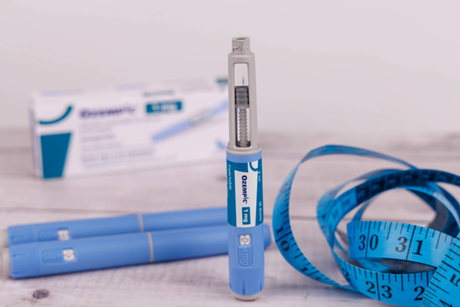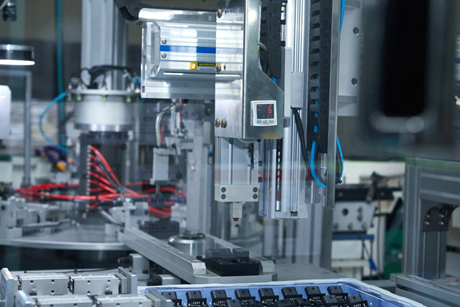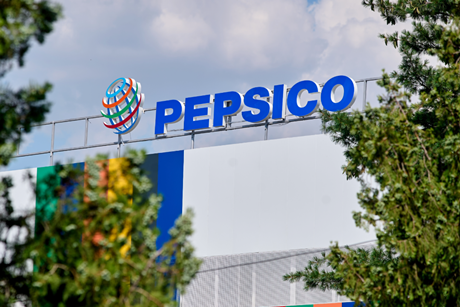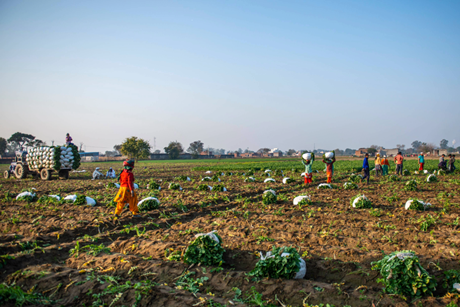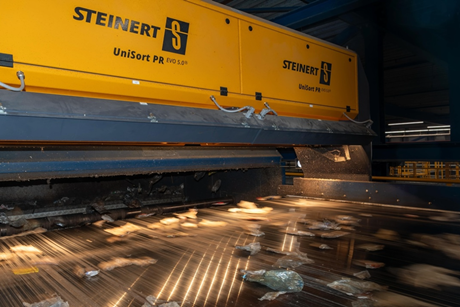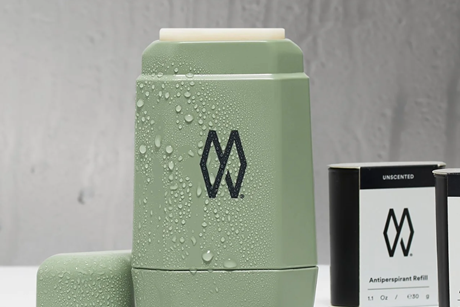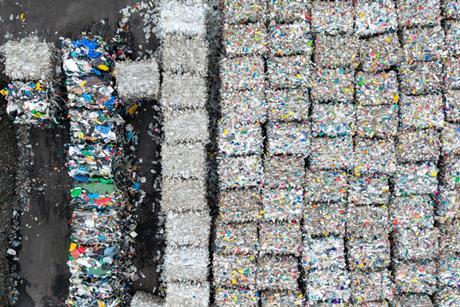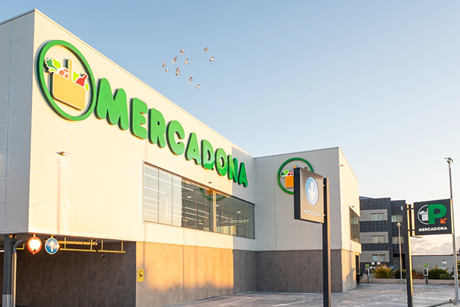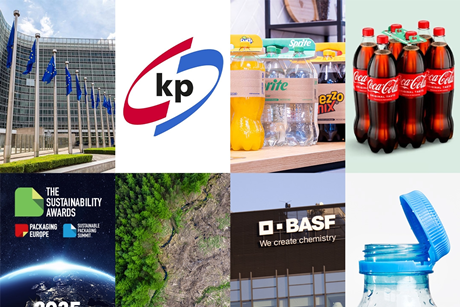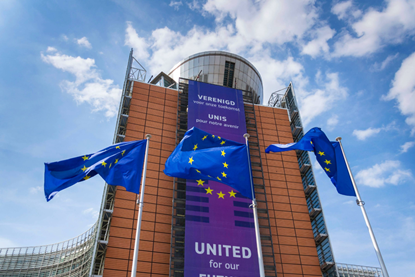Circular Economy
A status report on GLP-1 packaging: sizing, safety, security, and more
Coalition unites to ‘modernize’ plastic recycling systems in America
Companies must ‘reframe’ green premiums debate, says PepsiCo CEO
Davos 2026 sees $2 billion investment model to decarbonize supply chains
Cirrec sorts three billion recycled food-grade PET trays with AI system
Make Waves upfronts recycled plastic in antiperspirant and deodorant refills
Circularity for plastics: the European Commission’s New Year’s Resolution
Why is the EU struggling to meet its circular economy goals?
Mercadona acquires Logifruit in bid to boost its circular logistics
Packaging Europe’s most popular stories of 2025
- Previous
- Next
Circular Economy
A status report on GLP-1 packaging: sizing, safety, security, and more
Weight-loss drugs keep gaining traction – is that a blessing or a curse for the packaging industry? We dive deeper into the implications of smaller portion sizes, pharmaceutical safety practices versus circular packaging initiatives, supply chain traceability, and more.
Coalition unites to ‘modernize’ plastic recycling systems in America
Closed Loop Partners and the Consumer Brands Association are among the founding members of the Recycling Leadership Council, which aims to ‘modernize’ the American recycling system and tackle plastic waste.
Companies must ‘reframe’ green premiums debate, says PepsiCo CEO
Speaking at the World Economic Forum in Davos, PepsiCo CEO Ramon Laguarta argued that corporations must “reframe” the debate around green premiums in their product prices.
Davos 2026 sees $2 billion investment model to decarbonize supply chains
At Davos 2026, Canopy and its partners presented a $2 billion blended finance blueprint to utilize recycled textiles and agricultural residues in packaging – a move helped to cut down on carbon emissions.
Cirrec sorts three billion recycled food-grade PET trays with AI system
Faerch company Cirrec is using an AI-based system to sort PET trays from household recycling into a food-grade stream – claiming to sort 60,000 tonnes of plastic and over three billion trays annually.
Make Waves upfronts recycled plastic in antiperspirant and deodorant refills
Make Waves offers a refillable format for antiperspirant and deodorant products – emphasizing that the refills are manufactured onshore, contain recycled plastic, and are recyclable at end-of-life.
Circularity for plastics: the European Commission’s New Year’s Resolution
The European Commission has set out its plans to pursue a circular economy for plastics in 2026, such as proposing a Circular Economy Act, enforcing end-of-life criteria for mechanical recyclate, and introducing new customs codes for imports.
Why is the EU struggling to meet its circular economy goals?
In this Brief, we outline the EU’s municipal waste objectives and detail the main findings and recommendations of the report published the European Court of Auditors (ECA), which examines the action taken by the Commission and the member states to achieve the EU’s objectives for municipal waste between 2014-2024.
Mercadona acquires Logifruit in bid to boost its circular logistics
Supermarket chain Mercadona will acquire the reusable packaging supplier Logifruit in hopes of bringing together its logistics processes and contributing to a new circular strategy.






